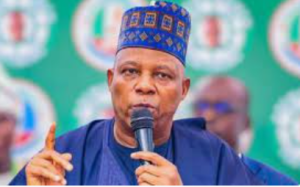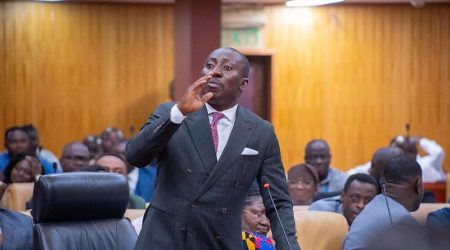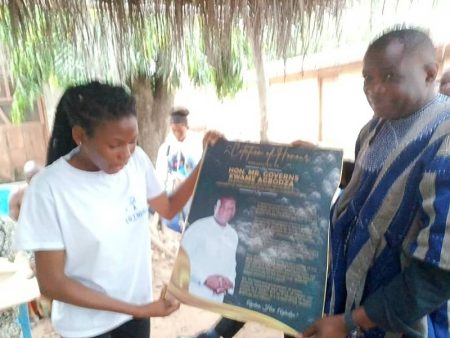Dennis Miracles Aboagye, an aide to former Vice President Dr. Mahamudu Bawumia, has asserted that the 24-hour economy policy, a flagship initiative of the current administration led by President John Dramani Mahama, cannot be universally implemented across Ghana. Aboagye, a communicator for the New Patriotic Party (NPP), the main opposition party, contends that the National Democratic Congress (NDC), the ruling party, misled the electorate during the election campaign by suggesting the feasibility of a nationwide 24-hour economy. He argues that the policy’s applicability is limited to specific areas and cannot be realistically extended to predominantly rural or agrarian communities.
Aboagye’s core argument hinges on the fundamental differences in economic activities and lifestyles between urban and rural areas. He uses the example of cocoa farming communities, where the daily routine revolves around agricultural activities that are largely confined to daylight hours. Farmers, he explains, typically work on their farms during the day, transporting their produce to processing centers or markets later. This cyclical pattern, dictated by the nature of agricultural work, makes the concept of a 24-hour economy impractical in such settings. He emphasizes that forcing a 24-hour economic model onto these communities would be both illogical and disruptive to their established way of life.
The 24-hour economy policy, officially launched in Accra on July 2nd, aims to boost economic activity by extending operational hours beyond traditional business hours. President Mahama has presented this initiative as a revival of Ghana’s industrialization vision, harking back to the developmental ideals of the country’s first president, Dr. Kwame Nkrumah. He links the policy to the original purpose of the Akosombo Dam project, which was envisioned not just as a source of electricity but as a catalyst for industrial growth, agro-processing, and enhanced national productivity. However, Aboagye’s critique raises questions about the practical implementation and potential impact of this ambitious policy across the diverse economic landscape of Ghana.
Aboagye’s contention is that while the 24-hour economy might be a viable concept in urban centers and industrial zones, its application in rural areas is not only unrealistic but also potentially misleading. He accuses the NDC of creating unrealistic expectations among rural populations by suggesting they would directly benefit from this policy. He maintains that the 24-hour economy is inherently tied to specific sectors and locations, particularly those with established industrial infrastructure and a workforce engaged in activities that can be extended beyond traditional daytime hours. Applying it to rural communities, he argues, would be akin to forcing a square peg into a round hole.
The debate surrounding the 24-hour economy policy highlights the complexities of implementing nationwide economic strategies in a country with diverse economic activities and developmental stages. While the government promotes the policy as a driver of national growth and a return to Nkrumah’s industrialization vision, critics like Aboagye question its practicality and inclusivity, particularly concerning its applicability to rural communities whose economic realities differ significantly from urban centers. This raises the crucial question of how to tailor economic policies to accommodate the specific needs and characteristics of different regions and sectors within the country.
Ultimately, the success of the 24-hour economy policy will depend on its ability to generate tangible benefits for all segments of Ghanaian society. While the government’s vision focuses on boosting industrial growth and national productivity, the critique offered by Aboagye and others underscores the need for a nuanced approach that considers the specific economic contexts of different communities. A successful implementation would require careful consideration of regional variations and targeted strategies that address the unique needs and challenges of both urban and rural areas, ensuring that the benefits of economic growth are distributed equitably and contribute to overall national development.














